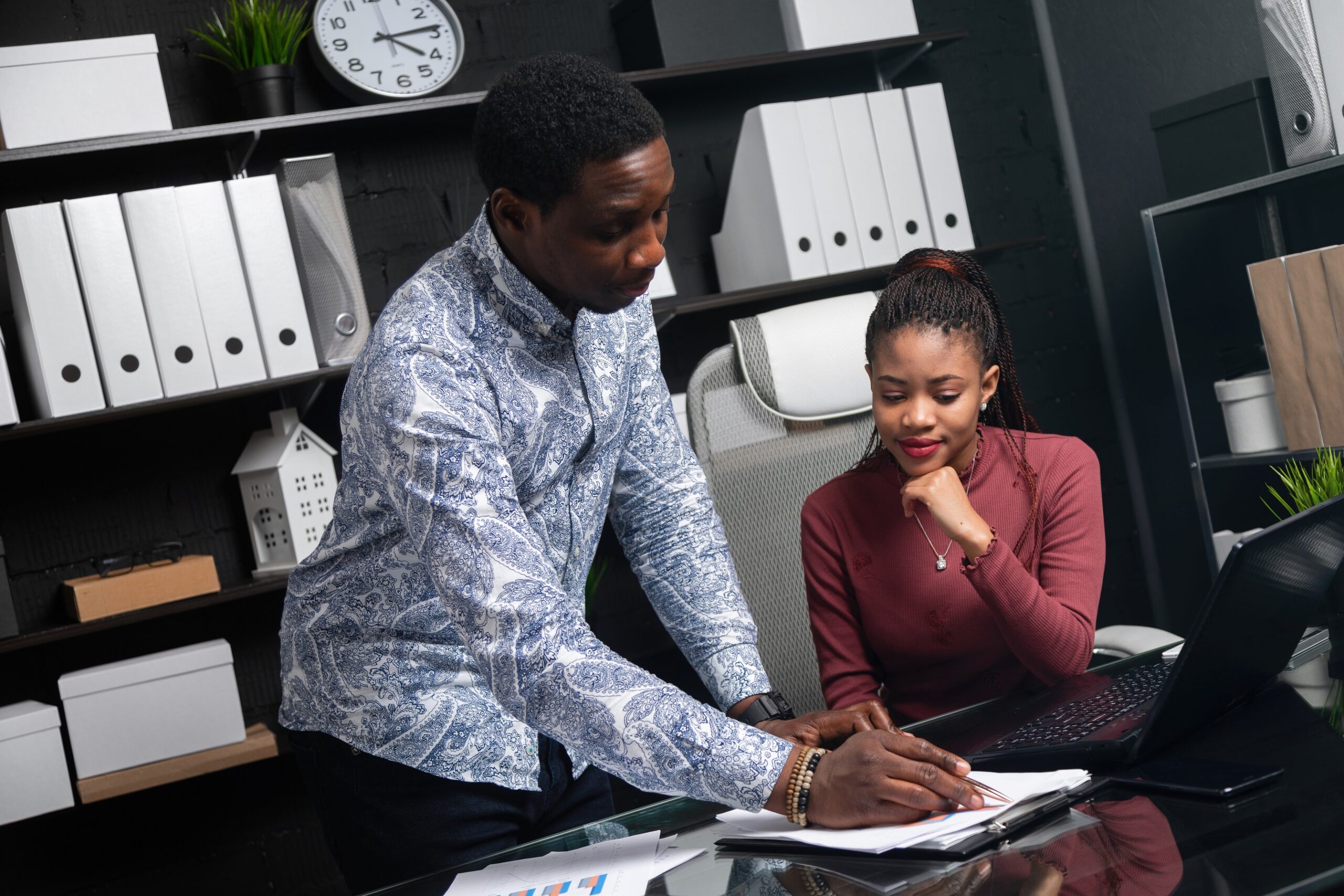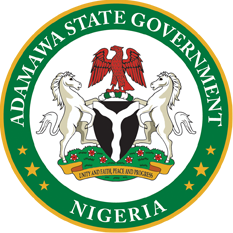Welcome to Ministry of Reconstruction, Rehabilitation, Reintegration, and Humanitarian Services (MRRR&HS)
The Ministry of Reconstruction, Rehabilitation, Reintegration, and Humanitarian Services (MRRR&HS) is a government agency in Adamawa State, Nigeria. It was established to develop and implement programs and policies that address the needs of individuals and communities affected by disasters. The ministry works in partnership with relevant government agencies and stakeholders to provide a coordinated, effective, and efficient response to early recovery activities.

Vision Statement
To build a resilient and thriving Adamawa State by facilitating comprehensive recovery, through reconstruction rehabilitation, reintegration, and sustainable Humanitarian services for the development of disaster-affected communities and Promoting equity and inclusivity in all aspects of early recovery processes.
Mission Statement
To lead and coordinate integrated recovery, reintegration, and development efforts in Adamawa State. Ensure timely, effective, and evidence-based interventions that address the long-term needs of disaster-affected individuals, families, and communities.
- Collaboration: Effective partnerships with other government agencies, NGOs, international organizations, the private sector, and affected communities.
- Equity and Inclusivity: Ensuring fair and just access to resources and opportunities for all affected persons regardless of their background or circumstances.
- Efficiency: Optimizing resource utilization to achieve maximum impact and value for money.
- Transparency and Accountability: Maintaining transparency in decision-making and holding ourselves accountable for our actions and outcomes.
- Reconstruction: To lead and coordinate the reconstruction of infrastructure, including public buildings, roads, bridges, schools, and hospitals that were damaged or destroyed during natural or human-induced disasters or both in any part of the State.
- Rehabilitation: To provide support for the physical, social, economic, and psychological rehabilitation of affected populations, including victims of natural disasters, conflicts, and displacement.
- Reintegration: To facilitate the reintegration of displaced persons and refugees into their communities or communities of their choice in the State. And provide support for their social and economic reintegration through the provision of education, livelihoods, and other support services.
- Humanitarian Services: To provide sustainable humanitarian services such as shelter, livelihood, health services, and protection to the affected populations, including internally displaced persons (IDPs) and refugees.
- Coordination: Coordinate early recovery efforts among different stakeholders, including government agencies, NGOs, and community-based organizations.
- Planning and Implementation: To develop and implement effective reconstruction, rehabilitation, reintegration, and humanitarian service plans in the short-term, medium-term, and long-term.
- Resource Mobilization: To mobilize and leverage resources from the state government, the federal government, international organizations, and other partners for effective early recovery response and development.
- Capacity Building: To build the capacity of individuals, communities, and government agencies to manage early recovery efforts.
- Monitoring and Evaluation: To monitor and evaluate the effectiveness of reconstruction, rehabilitation, reintegration, and humanitarian service efforts and adjust plans accordingly.
- Information Management: To ensure accurate and timely reporting of early recovery information, the management of data, and the sharing of knowledge among different stakeholders.
- Advocacy and Communication: To advocate for risk reduction and encourage public participation in early recovery management and response.
- Sustainable Development: To ensure that the reconstruction, rehabilitation, and reintegration efforts are aligned with sustainable development principles and contribute towards the long-term developmental goals of the state.
- Gender Mainstreaming: To mainstream gender perspectives in the design, implementation, monitoring, and evaluation of reconstruction, rehabilitation, reintegration, and humanitarian services programs.
- Civil Society Engagement: To engage and involve civil society organizations, community groups, and affected populations, including women and youth, in the planning, implementation, and monitoring of reconstruction, rehabilitation, and reintegration efforts.
- Protection: To establish and maintain protection mechanisms for vulnerable groups, including women and children, and to ensure that their rights are respected while providing support to them.
- Environmental Protection: To ensure that reconstruction and rehabilitation efforts are environmentally sustainable and also protect the natural habitat of affected populations.
- Coordinate the activities of all relevant Ministries in the implementation of Government policies and programs for the development of Disaster affected communities anywhere in the State.
- Integrate Nigerian returnees to their communities or other communities of their choice in the State. Initiate, plan their returning to Nigeria vide world court judgment on the Nigeria-Cameroon Boundary disputes on land Maritime Boundaries, and any other border land/marine dispute. Initiate development programs for the ceded areas to cushion the effects of change in environment of the people concern.
- Liaise with other Federal Government Agencies e.g. National Boundary Commission(NBC) Border Communities Development Agency (BCDA) The Surveyor General of the Federation, North East Development Commission,(NEDC) etc In other to facilitate smooth operation of Early Recovery programme in the State
- Coordinating all Development and Humanitarian activities for the rapid provision of social infrastructure in the front line LGAs of Madagali, Michika, Mubi North, Mubi South, Maiha, Hong, Gombi, and other affected LGA or community of need in the State.
- Coordinate and integrate the activities of all NNGOs, INGOs, UN Agencies, FGN Organs, SGN Organs, other donor countries and Development partners into the overall plans of the state planning commission.
- Lead and coordinate integrated recovery, reintegration, and development efforts in Adamawa State, encompassing needs assessment, program development, implementation, monitoring, and evaluation.
- Develop and implement evidence-based policies and strategies for post-disaster recovery, reintegration, and sustainable development following disasters.
- Align and guide the Adamawa State Emergency Management Agency (ADSEMA) in its emergency response activities being the only Agency of the Ministry creating a comprehensive foundation for early recovery and sustainable development of the affected communities.
- Promote and implement innovative and sustainable solutions to enhance recovery, reintegration, and development efforts.
- Monitor and evaluate the effectiveness of recovery programs reconstruction rehabilitation reintegration, and Humanitarian services and development. Also, develop programs, and make necessary adjustments based on lessons learned.
- Advocate for the needs and rights of disaster-affected populations at all levels, fostering equity and inclusivity in all aspects of early recovery and development.
- Perform any other duties that may be assigned from time to time by His Excellency the Executive Governor..
How we work
At MRRR&HS, our approach is rooted in community involvement, data-driven decision-making, and a focus on long-term development. We ensure that the voices of affected populations are heard, and we base our interventions on thorough needs assessments, ensuring that resources are allocated where they are needed most.
Our Team
Our team comprises dedicated professionals with diverse expertise in disaster management, recovery, and humanitarian services. We are committed to providing timely and effective support to affected communities, ensuring their recovery, rehabilitation, and sustainable reintegration.
Discover our lovely and
vibrant city
Experience the Tradition, Great and the Natural Beauty of the City
Get In Touch
Feel free to contact us using the details provided below.
Ministry of Reconstruction, Rehabilitation, Reintegration, and Humanitarian Services (MRRR&HS)
Opening Hours
Open Daily 9am–5pm Mondays – Fridays

